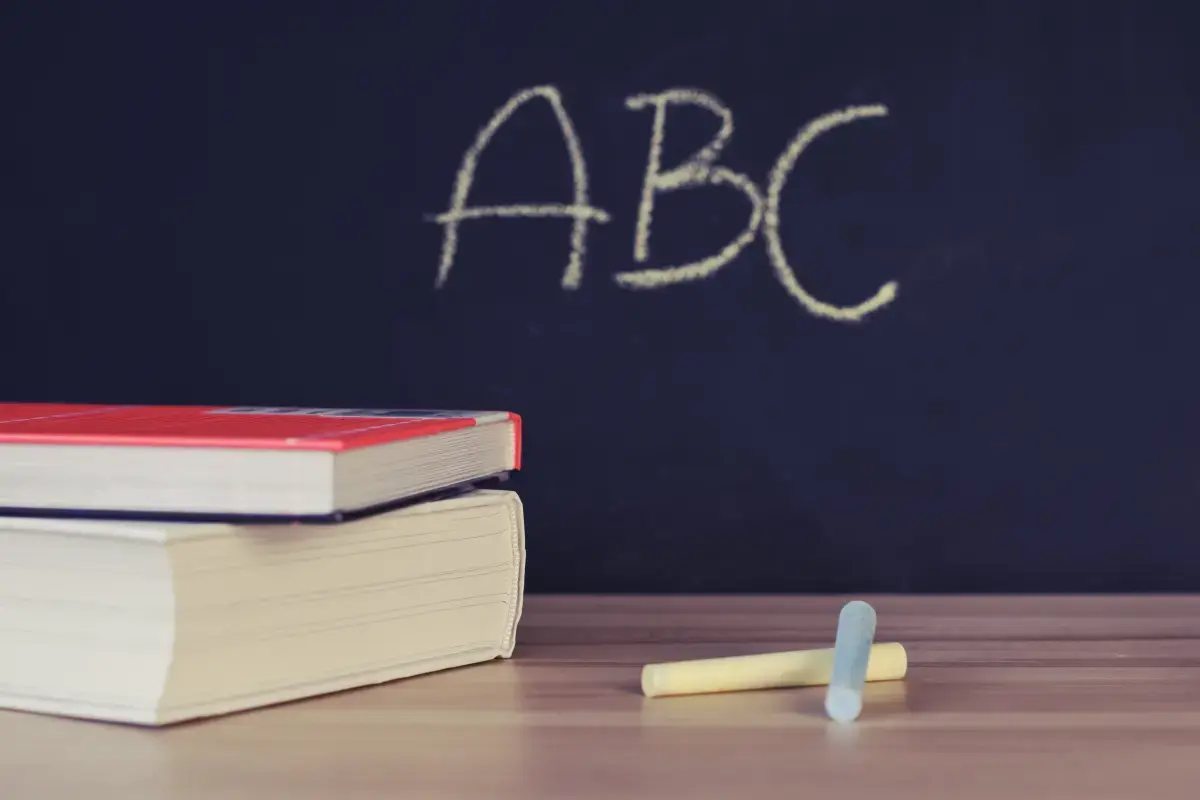
Education Job Description
What is a Education Professional?
An education worker is an individual who is responsible for providing educational services to students in a school setting. Education workers typically work in collaboration with teachers and other school staff to develop and implement educational plans and programs. They may also be responsible for providing direct instruction to students, as well as assessing student progress and providing feedback. Education workers typically possess a bachelors degree in education or a related field. Some states also require education workers to possess a teaching license.

What does a Education Expert do?
In addition to their formal education, education workers must also complete continuing education credits on a regular basis to maintain their professional license. In their job, education workers may be responsible for a variety of tasks, including curriculum development, teaching, mentoring, and advising students. They may also be involved in community outreach and advocacy, working to ensure that all children have access to quality education. Education workers typically work in schools, but some may also work in community organizations or government agencies.

What are the Skills of a Education?
A education worker needs a variety of skills and experience in order to be successful. They need to be able to effectively communicate with both children and adults, as well as have a strong understanding of child development. They should also be familiar with a variety of educational methods and approaches, as well as be able to adapt to the needs of each individual child. In addition to these skills, a education worker also needs to be able to work independently and be self-motivated.

What makes an Expert Education?
They should be organized and have the ability to keep track of multiple tasks at one time. They should also be able to problem-solve and think creatively to come up with solutions to challenges that may arise. Finally, a education worker needs to be patient, flexible, and open-minded. They should be able to handle difficult situations and remain calm under pressure. They should also be willing to continue learning and expanding their knowledge in order to better serve the children in their care.

What level of Experience & Qualifications are required to be a Education?
Industry experience: Generally, a minimum of two to five years working in the education field is required for an expert-level position. This may include teaching, school administration, curriculum development or other related roles. 2. Training: Experienced professionals should have completed specialized training courses and certifications relevant to their area of expertise such as classroom management techniques, assessment strategies, instructional design principles and technology integration skills. 3. Qualifications: Many positions will require specific qualifications such as a masters degree in education or another advanced academic credential like a doctorate degree in educational leadership or similar subject areas that demonstrate expertise and knowledge about current trends in the industry. 4. Education: Expert-level educators must possess excellent communication skills with both students and colleagues; they should also be able to think critically about issues facing today’s classrooms from multiple angles including pedagogy, student engagement methods and cultural diversity considerations among others topics related to instruction delivery systems within public schools at all levels (elementary/secondary).

What is the Salary of a Education?
Junior education professionals typically start with salaries ranging from $30,000 to $50,000 per year. As they gain experience and move up the ranks in their field, this range can increase significantly. Mid-level education professionals may earn between $60,000 to $80,000 annually depending on the size of the organization and level of responsibility. This role may also include benefits such as health insurance or tuition assistance for continuing education courses. Senior positions within an educational institution often command higher wages than lower levels; salary expectations at this stage are usually in excess of $90,000 a year or more. Senior educators have significant responsibilities including developing curriculum materials and overseeing teaching staff; these individuals must possess strong leadership skills as well as extensive knowledge about their subject matter area(s).

What are the Working Conditions for a Education?
General working conditions for an education professional are typically determined by the employer and vary depending on the specific job role. Generally, they involve a combination of classroom teaching, office work, meetings with students and parents/carers, organizing activities outside of school hours (such as field trips), assessing student progress, providing feedback to students and staff members alike, collaborating with other teachers in order to develop curriculum materials or plan lessons together. Education professionals may also be expected to attend professional development courses or seminars related to their area of expertise in order to stay up-to-date on best practices. Working hours are usually standard 9am – 5pm although this can vary according to individual contracts; there is often flexibility when it comes to scheduling time off for family commitments or personal interests such as attending conferences etc. Most employers provide benefits packages including health insurance coverage and retirement plans which will depend upon the particular organization’s policies. Finally, compensation is based on experience level and qualifications held by each individual employee but generally follows along industry standards; salaries tend towards being competitive within certain geographic areas where cost of living plays a part too.

What are the roles and responsibilities of a Education?
Developing and implementing educational programs
Assessing student learning and progress
Designing and delivering instructional materials
Developing and administering assessments
Providing guidance and counseling to students
Collaborating with colleagues to develop and implement instructional strategies
Using technology to support instruction
Researching and staying current on educational trends and developments
Maintaining accurate student records
Complying with all school policies and procedures
Participating in professional development activities
Performing administrative duties as needed
Supervising students in classrooms, hallways, and other areas
Monitoring student behavior and intervening when necessary
Enforcing school rules and regulations
Addressing student discipline issues
Working with parents and guardians to support student learning
Building positive relationships with students -Maintaining a positive and professional demeanor at all times

Where can I find Education jobs?
- Create a profile on gigexchange and promote your Education skills to advertise you are Open to New Work Opportunities
- Ensure your Resume (or CV), or online work profile is up to date and represents your skills and experience. Ensure your reputation reflects your ability & attitude.
- Apply for Education Jobs advertised on gigexchange.
- Practise Education interview techniques to ensure you represent your personality and ability succinctly and confidently.
- Accept the job offer if the salary meets your expectations and the employer mission and purpose reflects your core values.
Jobs
What are the best job boards for Education jobs?

How can I hire Education staff online for my business?
The best job board for recruiting Education experts is gigexchange.com. Advertise full-time, part-time or contract jobs to find, hire & recruit trusted, experienced and talented Education candidates near you.

Are Education roles in demand in 2026?
Education experts are still in high demand in 2026. If you are an experienced Education or looking to train and become one. The job market is looking strong for Education jobs near me.